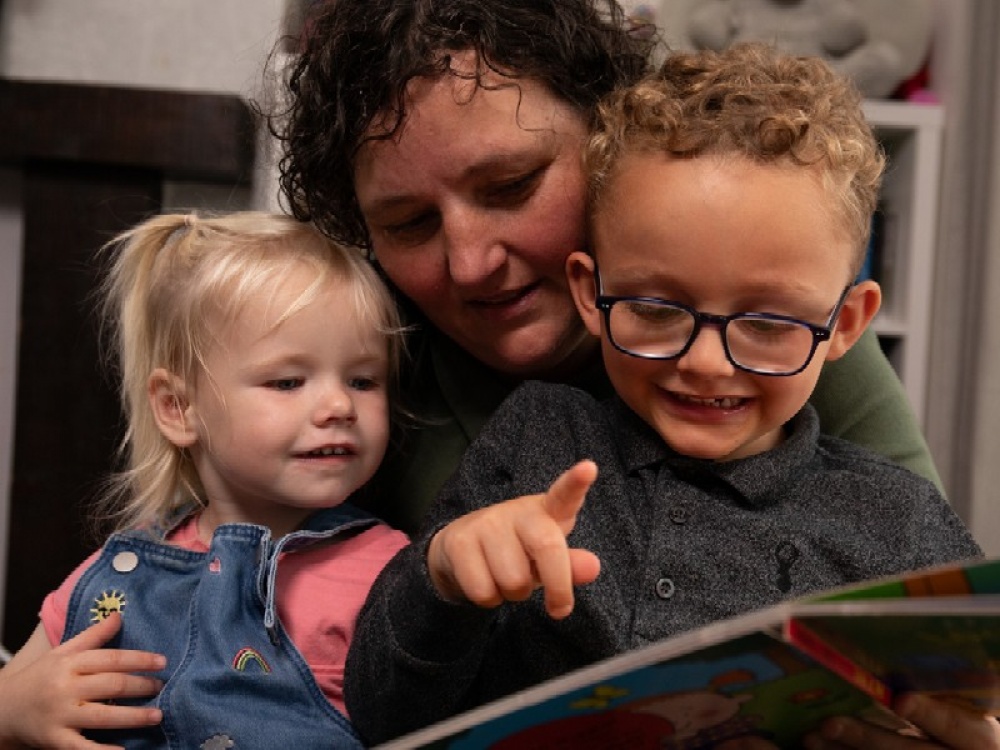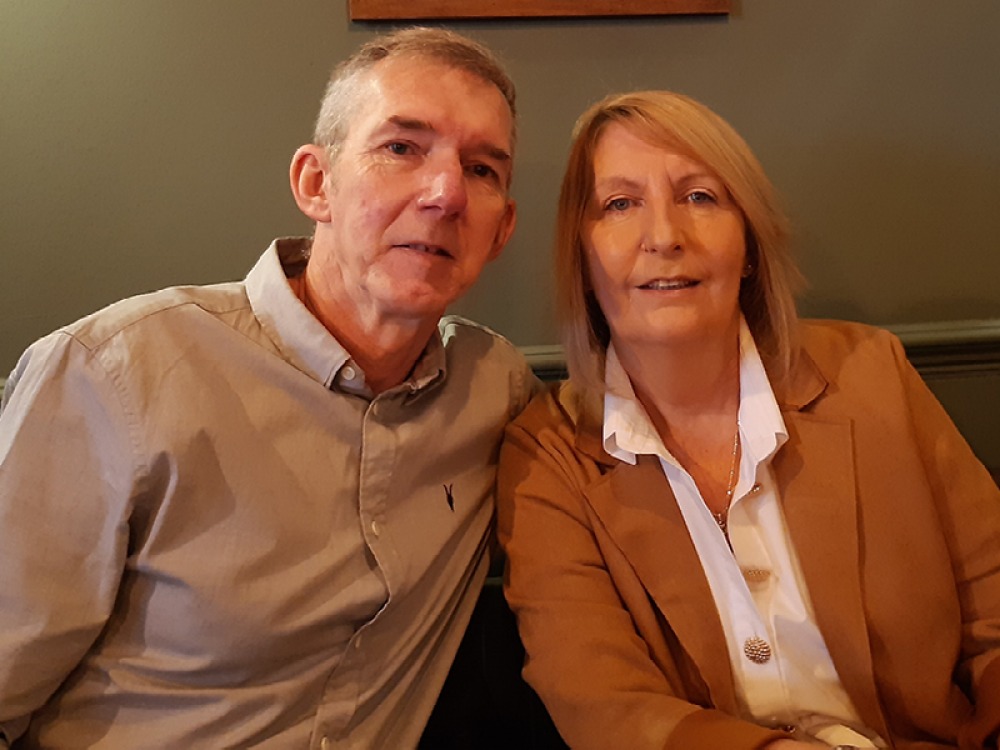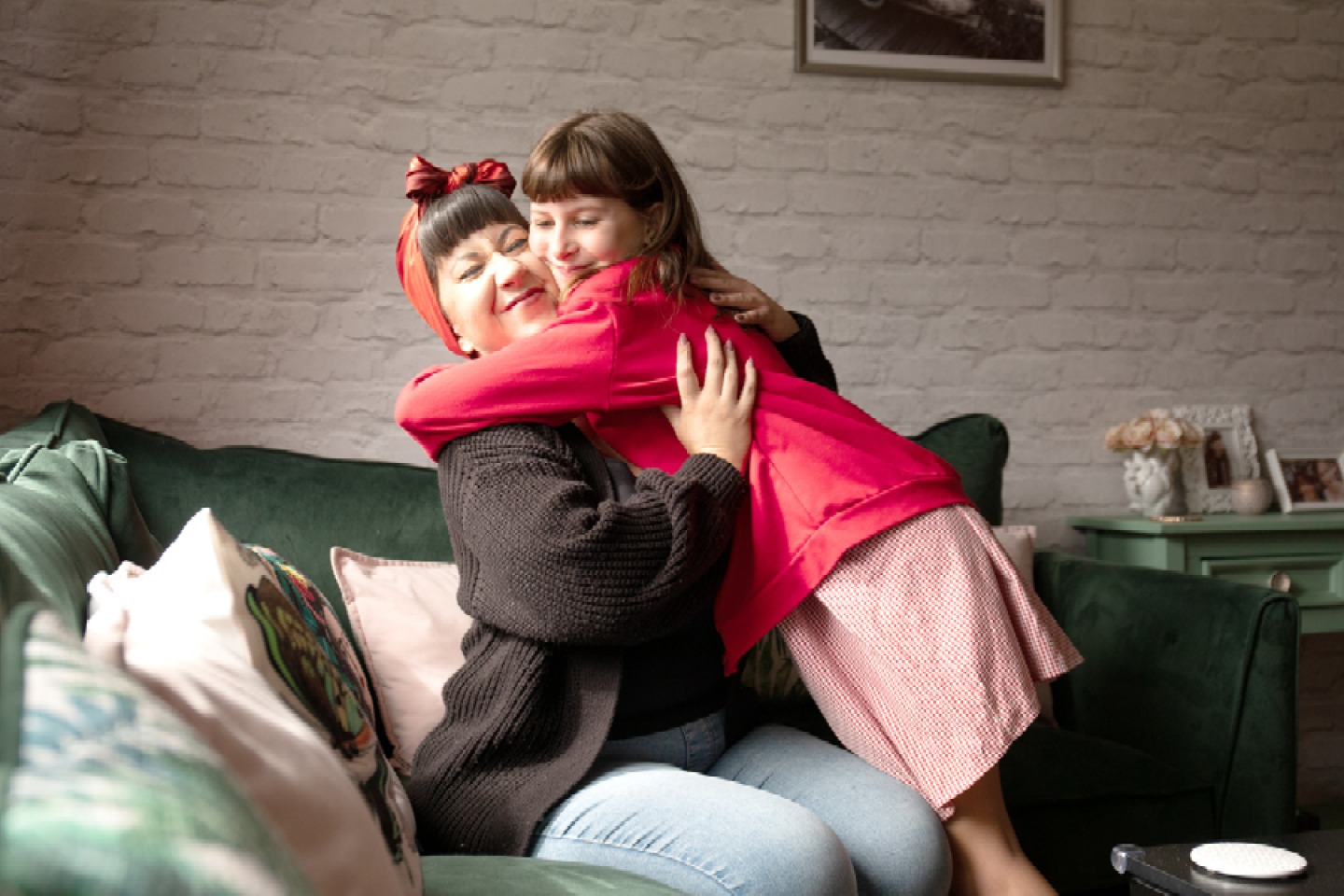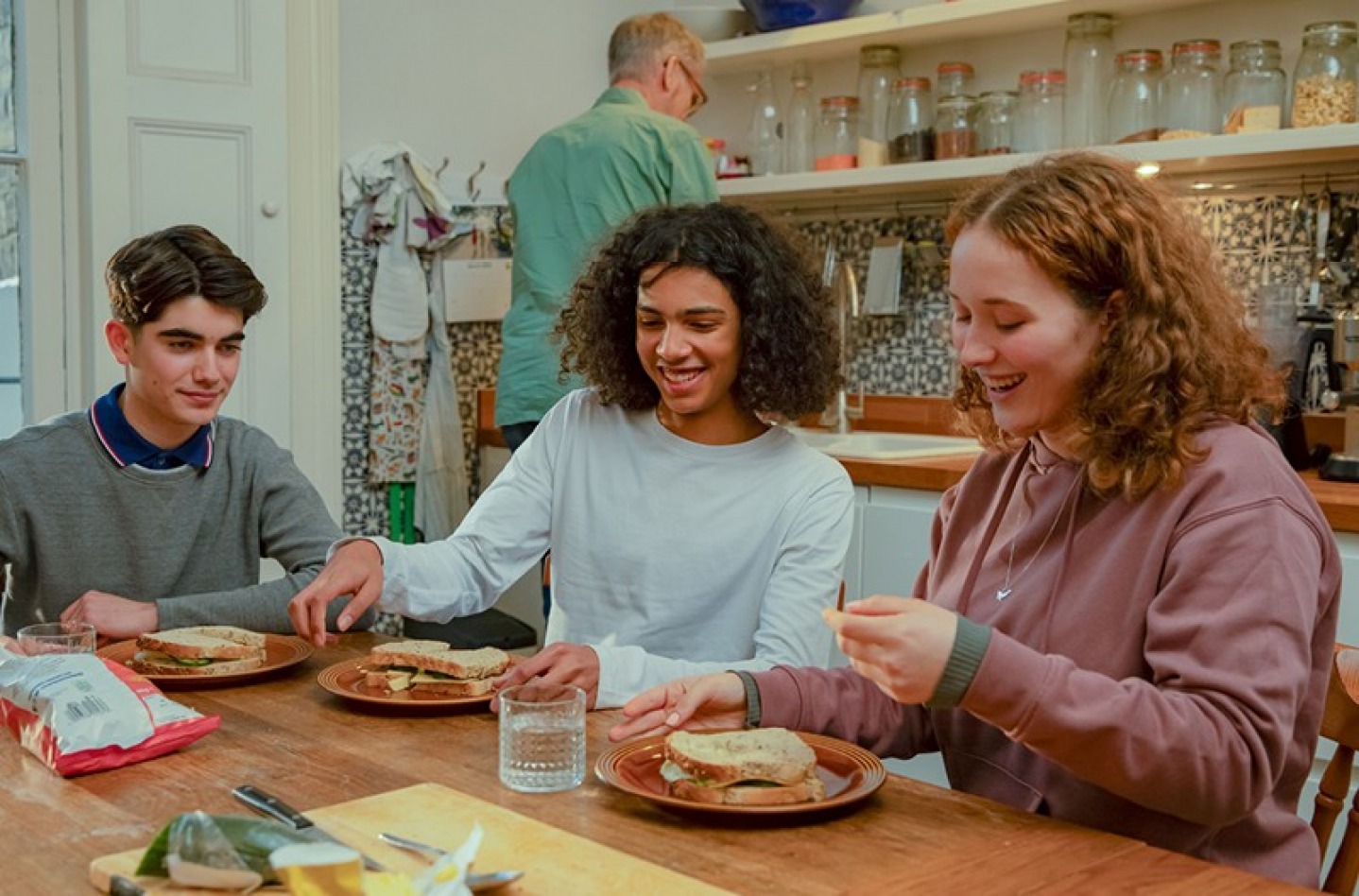How Fostering Can Change Your Life

Unlock potential through foster care
The couple began fostering in their 40s when Jeff was working as an engineer, and Carole for the police. Their daughters had grown up, moved out, got married and had children. It was then the idea of fostering started to grow.
Carole explains, ‘I came across so many young people when I worked for the police. And I always used to think, why? Why are they ending up in these positions? Why aren't they getting the support? It opened my eyes to a lot of things that children and young people have gone through that I hadn't ever thought about before. I think that sparked my interest; a little seed was there.’
The final push to enquire came after Carole felt a shift in her own circumstances and appreciation for the social team who helped when her mother became ill. Carole had taken extended leave from work to look after her mum in her last months. When the time came to return to her job, she and Jeff started talking things through, researching fostering and realised they were in a good position to offer young people a stable home.

Over the past 18 years, they've looked after young people and children of different ages, focusing on long-term fostering. Right now, the couple have two young lads living with them. One, aged 16, came to them just a year ago. The other is living with them through a staying-put arrangement after fostering. He arrived with the family just as he started secondary school at age 11. Carole explains they also have another foster son, aged 22, who has lived with them since age five and comes back to visit them at home when on leave from his role in the Royal Navy.
As long-term foster carers Carole and Jeff find a big part of their role is supporting the children who stay with them to prepare for their future. Carole says, ‘They've gone their own routes, they've made their choices, but I think it's important to encourage that. It's not all about education; we're also great believers in opportunities to explore new things and activities. Sometimes it's finding that thing they're good at, buying into it and building their confidence and self-esteem using it as a hook.’
Over the years, this has meant Carole trying out all kinds of activities she would otherwise never have dreamt of doing. She explains: ‘We've done high ropes, paddle boarding, go-karting. We've done all kinds of things.
‘We always make sure they get the opportunities to join things like local Scout groups. All of these things have helped them try new things and to build ideas of what they want to do as they’re getting older and become young men. It's helped them get jobs, secure apprenticeships, and played a part in our eldest getting into the Royal Navy.’
From a big family herself and well-used to the hustle and bustle of having kids at home, Carole says if she wasn't a foster carer, she would miss the activities, all their family time and even helping the kids revise for their GCSE exams.
Comparing their lives now with her previous careers, she says, ‘The biggest adjustment is it's 24-seven, seven days a week. You've got to accept that. Another thing that surprised us was the level of training, which has changed massively from when I started. There's a lot more to fostering than I initially understood but also a lot of support out there.’
From local authority training on Therapeutic Crisis Intervention and Theraplay to courses on Mental Health signposted to by her social worker, Carole says training helps her to feel prepared and in turn help the children to flourish.
‘I thrive off training because, to me, that's what makes you a better foster carer. If you've got an understanding of what's going on rather than just living through it, it prepares you to think about situations differently. I believe the training offered to carers now is really extensive and helpful.’
Asked what advice she would give people considering fostering, Carole recommends talking to other foster carers and seeking out a foster buddy who can answer questions about the realities of fostering.
‘The more information you have, the better prepared you are. Then you can make an informed decision about whether it's for you. I love having the children and young people that we've had. It's not all roses around the door; there have been challenging times, and we've had difficulties.
'But it's rewarding. One day, you see this young person or child come to your door who might be traumatised and sad and doesn't understand anything happening around them; they're just in shock. And then you support them, see them grow, flourish and have successful, happy lives. It's incredibly rewarding.’


Foster with North East is calling for carers of all backgrounds and life experiences to find out more about fostering within their local community. Foster with North East is a partnership between all 12 local authorities in the region, and they urgently need caring individuals, couples or families who can offer a home for any duration – be it a weekend, a couple of weeks, a few months, or permanently.
They're looking for passionate carers for individual children, sibling groups, those with additional needs and disabilities, teenagers, and children from ethnic minority backgrounds.
Learn more about fostering for your local authority at FosterWithNorthEast.org.uk or call the hub on 0800 917 7771.










